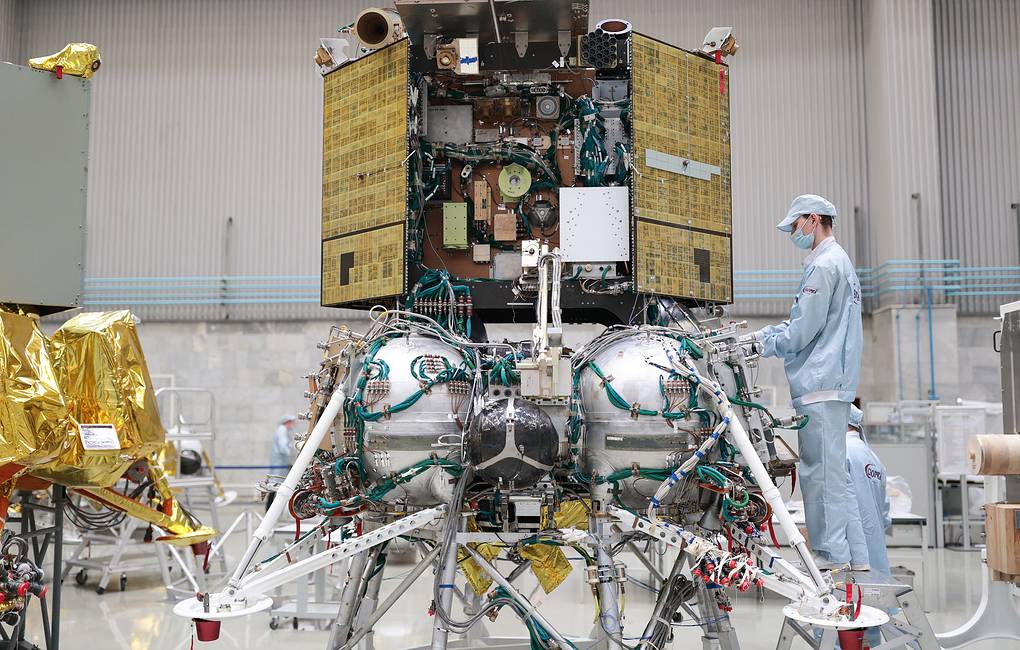Russia’s Luna-25 automatic interplanetary station has collided with the Moon, space agency Roscosmos has announced.
“According to the results of a preliminary analysis… the Luna-25 spacecraft switched to a non-designated orbit and ceased to operate due to a collision with the surface of the Moon,” Roscosmos said on Sunday.
The probe was due to receive a signal to form a pre-landing elliptical orbit on Saturday, but communication was lost at 14:57 Moscow time (11: 57 GMT), the agency explained. Efforts on Saturday and Sunday to locate the craft and restore contact were unsuccessful.
A commission involving representatives of several agencies will be assembled to establish the reasons for the loss of the probe, Roscosmos added.
Luna-25 was launched on August 11 by a Soyuz 2.1b rocket from the Vostochny Cosmodrome in the Amur Region of Russia’s Far East. It was the first probe sent to the Moon by Russia since the Soviet era.
The mission aimed to achieve the first ever landing near the south pole of Earth’s satellite, known for its difficult terrain.
The spacecraft reached lunar orbit earlier this week, sending back high-resolution photos of the dark side of the Moon. Its landing was scheduled to take place on or around August 21.
The main goal of the mission was to examine the lunar soil for the presence of ice, with Roscosmos also saying it wanted to test soft-landing technology and conduct long-term research on the lunar exosphere and the upper layer of the south pole’s surface.
